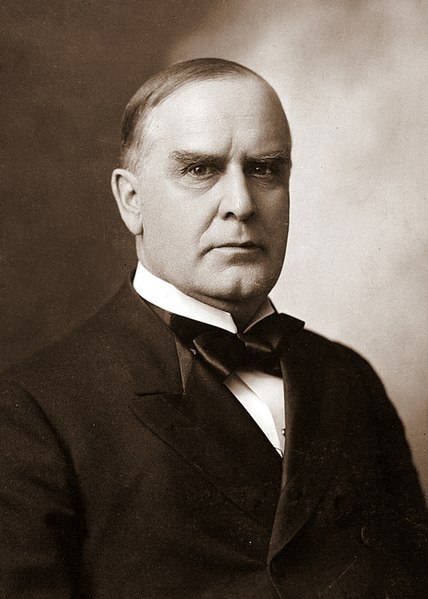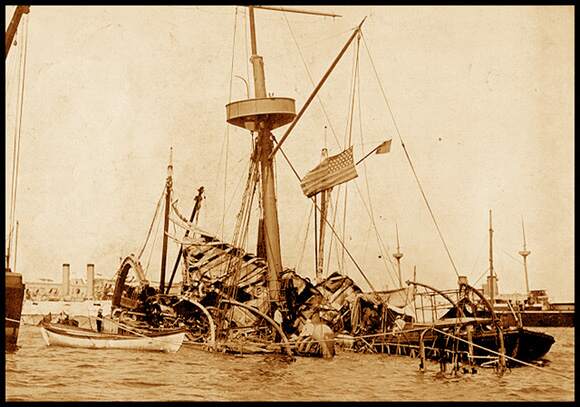Martin Luther King Jr. is still most often the first to come to mind when thinking of a civil rights activist, relying solely upon peaceful protest and civil disobedience such as Mahatma Gandhi. King is continually recognized as a powerful and moving writer and speaker. Two of his most prominent works including his letter from Birmingham jail as well as his "I Have a Dream" speech have remained examples of rhetorical strategy and argument for decades. Today, they are still studied and analyzed by high school students and even prominent writers. King began his revolutionary "I Have a Dream" speech by declaring that it would be one of the most inspiring speeches in America which clearly was true. In his opening he begins with "Five score years ago, a great American, in whose symbolic shadow we stand today, signed the Emancipation Proclamation", an allusion to Abraham Lincoln's Gettysburg address. He goes on to speak of the Emancipation Proclamation which was meant to free the slaves and bring about equality, however it was unsuccessful. Blacks still faced countless prejudices and even dealt with the emergence of the Jim Crow Laws. They virtually received alteration in their rights as American citizens. With this, King states that change needs to take place now and that the American people, no matter one's race, need to come together and be treated as equals. He expresses his feelings that blacks need to receive and have their rights acknowledged in order for peace to emerge in America. He says that things willl not be satisfied until prejudices are put aside and until the "white only" signs are put away and everyone is treated as equals. With this, he begins his famous "I Have a Dream" section of the speech using parallel structure to create an overwhelming amount of emotion and imagery, with the words that inspired a nation.
Monday, January 16, 2012
Saturday, January 7, 2012
LAD #25: Dawes Act
The Dawes Act other known as the Dawes General Allotment Act, was a law established and passed by congress in 1887, regarding the Indian policy. The law focused on how reservations would be divided into sections of land assigned to individuals. Each head of a family was given one-quarter of a section. Every single person over the age of eighteen as well as each orphan child under the age of eighteen was given one-eighth of a section. Lastly, each other single person under eighteen was assigned one-sixteenth of a section. Lands that were not given to Indians were open to settlement by non-Indians and for the continued development of railroads.Even if a Native American did not live on a reservation, they were still entitled to their plot of land, and they would receive a patent for it which would be protected by the government. The act emphasized individual land ownership, which contrasted the unity and culture previously held by many Indians living in communal villages. In a way, the act can be seen an attempt at assimilation and to further deprive the Indians of their lands in order to use them for development of infastructure, especially railroads.
LAD #24: Cross of Gold Speech
In William Jennings Bryan's "Cross of Gold" speech he focuses on the inflation rates and of whether silver should be freely coined at a 16:1 ration with gold. He states that he is speaking on the behalf of the people of business, not the capitalists but the hardworking businessmen. He then go on to say how he speaks in order to create an accepted resolution that benefits the American people. He knows that Americans have tried to speak but in the past have not been heard. He wanted to avoid the defiant response that the people could carry out in order to be heard and get what they want. Many spoke their disagreement of Bryan's ideas and policies,saying that his income tax was unconstitutional but Bryan responded by saying "You shall not crucify mankind on a cross of gold." However, Bryan responded reiterated that it was constitutional until otherwise noted. Bryan also notes that the government needs retain control of the currency and attempt to improve the strength of the government. He believed that reform needed to take place in order to better the country. He concludes his speech by stating that America needs to remain strong as well as keep the gold standard to retain the image as the powerful United States of America. He was later nominated by the Democratic national convention in Chicago to run as the party's candidate in the 1896, 1900 and 1908 presidential elections after delivering his famous speech.
LAD #23- The Populist Party Platform
The Populist Party gained significant recognition with their emergence in the 1880's and 1890's. They were at their highest prominence in the 1890’s, being regarded as a true third party. Their platform of 1892 had three foremost constituents, which were the preamble, the platform, and the expression of sentiments. In the preamble the party states the hinderances of America and the things that continue to hold back our country. They discuss the deflation of silver, the corruptness of the ballot-box, and the significant amount of dominance exhibited from the other parties. They go on to say that theywish to repair and better the government by reinstating American power to the hands of the “plain people.” Furthermore in their discussion of their platform, they spoke of three major factors, being finance, transportation, and land. Financially they demanded free and unlimited coinage of silver and gold at the present legal ration of 16 to 1. They also requested a graduated income tax as well as postal savings banks being established by the government safe deposits by citizens and to encourage exchange. In regards to transportation, the Populist Party said that the government should have ownership of railroads, while the public should own and operate the telegraph and telephone. Finally, they stated that land should not be monopolized since it is property of the American people. Their Expression of Sentiments state the plans for the resolution of these issues in which they believed to be of importance. They determinedly proposed various different plans of action in order to resolve these hinderances and ultimately better America.
Wednesday, January 4, 2012
LAD #22: McKinley's War Message
In April 1895 and on, disputes were continually taking place between the Spanish and Cubans, as Cuba wished to gain independence from Spain's rule. Soon after, in part due to the sinking of the U.S.S. Maine, the United States supporting the Cuban cause. McKinley stated the United States was extremely affected by the war from both its gruesomeness as well as its negative effect on the economy and trade relations. McKinley continued although the war had been ongoing for three years, that was no clear outcome emerging leading him to say that the United States needed tobecome neutral or act as a military ally to one of the countries in order to see results in this conflict. McKinley that it was most important for the fighting and bloodshed to cease as quickly as possible which is a major reason for the intervention from the United States.He also statet that a major reason for intervention was to protect the citizens of Cuba as well as our own economy, government and even freedom.
Subscribe to:
Comments (Atom)






